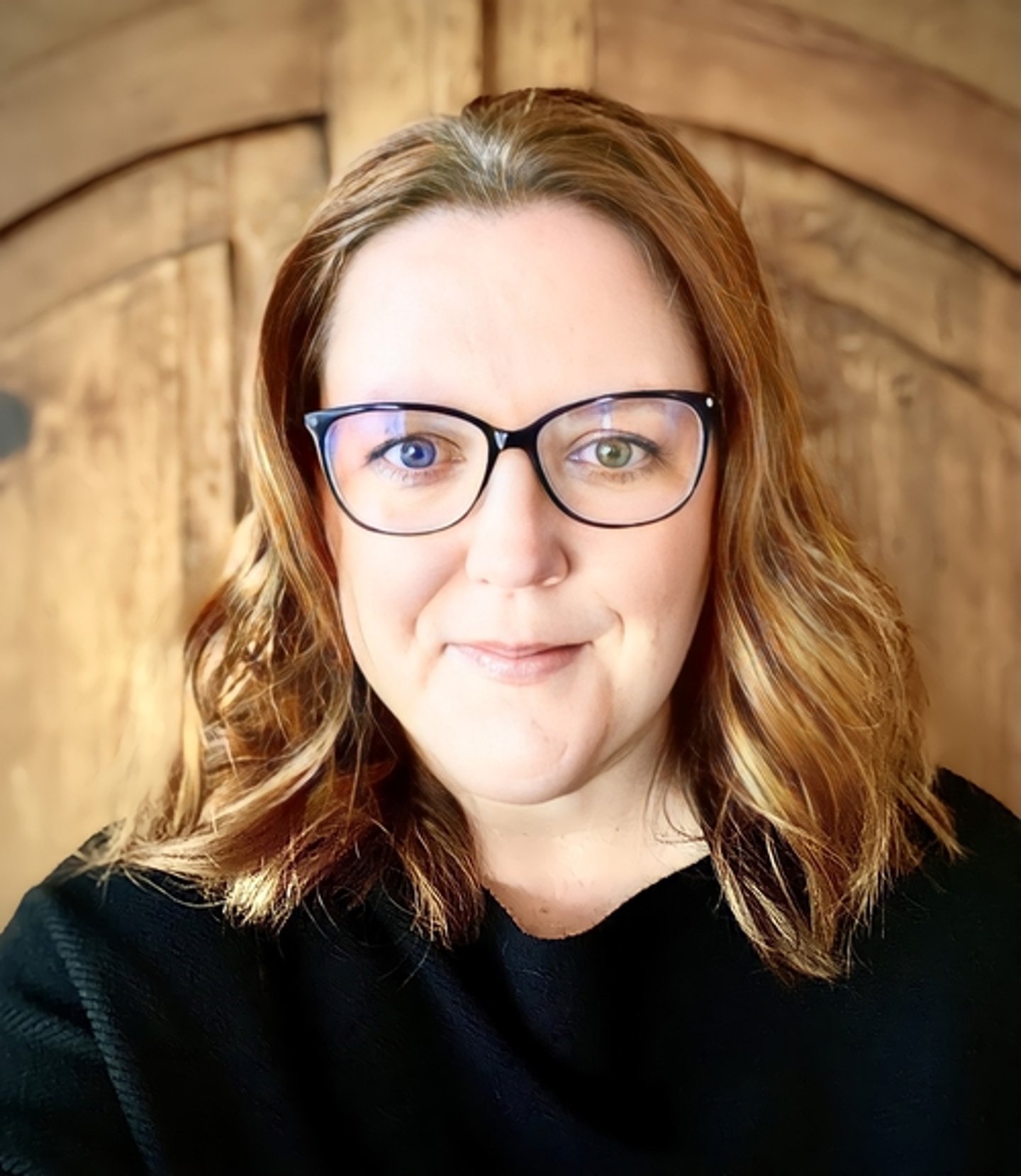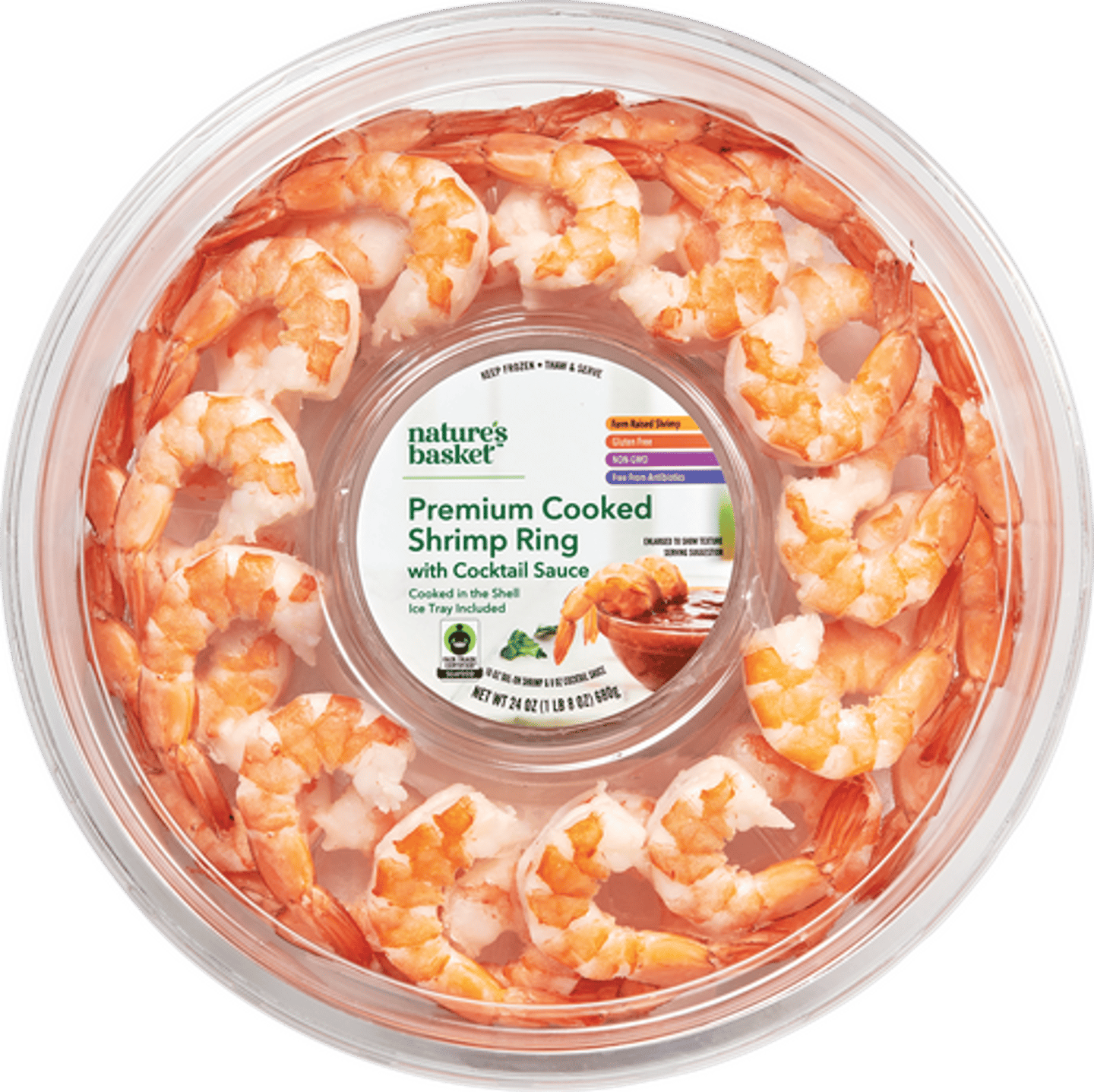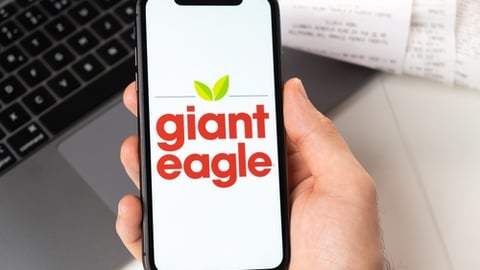Inside Giant Eagle's Sustainable Seafood Push
Giant Eagle’s corporate sustainability efforts recently reached a new milestone as its private label Nature’s Basket shrimp product line achieved Fair Trade Certification from Fair Trade USA. The noteworthy accomplishment also meant the Pennsylvania-based grocer was the first U.S. retailer to obtain Fair Trade Certification for an entire own brand seafood line.
The rigorous certification process, which took Giant Eagle two years to complete, requires products to meet a high standard for social and environmental issues. This commitment also serves to improve the lives of fishers and their communities, protects the environment, and empowers shoppers to purchase with purpose.
To gain greater insight into the certification process and what it means for the company’s overall sustainability efforts, Store Brands spoke with Cara Mercil, director of Sustainability and Corporate Responsibility for Giant Eagle.
STORE BRANDS: What were the motivating factors behind Giant Eagle’s pursuit of Fair Trade Certification for its Nature’s Basket shrimp line?
CARA MERCIL: The Nature’s Basket brand brings to market sustainable products in an affordable, trustworthy, and thoughtfully sourced way. We’re always thinking about Nature's Basket as the place where we want to invest in better, more elevated sustainable practices while also thinking about how we can help strengthen our communities and protect our planet. When looking at the seafood industry, and more specifically shrimp, historically there have been some significant labor challenges. We wanted to think about how we could go further in the area of labor issues while still understanding that we’re a regional grocer and our resources are finite. We needed to figure out how we could tap into best practices and be able to elevate the product and deliver for our communities.
From Cara Mercil...
"This certification aligns with the standard and vision that we have for Nature's Basket in particular. It’s less about a particular goal and more about ensuring that the product reflects the values of the brand."
SB: How challenging was the process to achieve certification?
CM: For the past two years, we’ve been working collaboratively between Fair Trade and our Nature’s Basket shrimp vendors. This isn't an easy process because we wanted to apply Fair Trade standards to all items in our shrimp assortment. This means multiple farms and multiple processors in a lot of different locations. That’s why it took us so long, and we knew that it was going to be tough. We were able to get certification in one area but not in others, so it just took some time, but we knew it was the right thing to do. In the end, it becomes much easier for our guests to understand and support a deeper connection for themselves when they're going out to purchase (the product), as well as seeing that we're making a deeper commitment to sustainable sourcing practices.
SB: For all parties involved, what are the benefits of having Fair Trade Certification?
CM: Fair Trade is a way of buying and selling products that make certain that the people who are producing the goods receive a fair price and fair treatment and that they're produced in an environmentally sustainable way. Fair Trade is the most comprehensive global third-party certification that focuses on a rigorous set of social, environmental, and economic standards across the farm, processing, manufacturing, and shipping. We know that we're able to tap into that whole network of best-in-class people who have set up a standard for issues that are on the ground. We pay a premium for every pound of shrimp that is sold, and then that premium goes to the communities for a program or project that is selected by them.
SB: How open are product providers to these types of certifications and are they willing to make the necessary changes?
CM: I think it’s about picking the right partner and we know we had a really good partner in our shrimp provider. When we went to them a couple of years ago and gave them this vision, they understood it and they were willing to jump in with us and start the process. They also knew that it was something historic and had not been done before. There were no rules of the road to drive by. It was something that was going to be organic and they were willing and open and wanting to do it.
SB: How does this certification align with Giant Eagle’s broader sustainability and responsible sourcing goals?
CM: This certification aligns with the standard and vision that we have for Nature's Basket in particular. It’s less about a particular goal and more about ensuring that the product reflects the values of the brand. It also allows us to ensure that we're doing what's right with a trusted external partner that understands the nuances of the culture and the geopolitical climate.
SB: With these types of certifications, is there any response or feedback from shoppers?
CM: It’s still very early since we received our certification only recently, but I would say that our Nature’s Basket shrimp has long been popular with our guests. We continue to see nice growth within the category.
SB: What is being done from a marketing perspective to educate shoppers about the certification and why it’s important?
CM: We started in mid-January with an in-store campaign to begin to tell our story around this historic milestone. We're also using social media and looking to engage our guests within our circular. But this will be an ongoing opportunity for us to engage with our guests and share how we are impacting the people on the ground.
SB: Are you seeing more shoppers knowledgeable about the certifications we’re seeing on products today?
CM: Our guests have had a long interest in sustainably sourced seafood. This is one of the areas that launched the concept of sustainable sourcing. We have known how important it is to protect the ecology that supports the fishing industry. But it’s only been within the last few years that the issues around labor have become more important not just to Giant Eagle, but to our guests as well. We need to ensure that we’re going to have a resilient supply chain that allows us to continue selling seafood.
SB: As the first U.S. retailer to certify its entire private label seafood assortment, how do you see Giant Eagle influencing the broader industry?
CM: I think most retailers are working to crack the code around labor issues related to seafood products. This was a tactic to move us forward in a way that feels authentic to Giant Eagle. We hope that other retailers feel inspired by the investment we have made and I hope they see it as an opportunity they should explore.
SB: When looking at the broader sustainability efforts at Giant Eagle, anything we should be watching as we move forward?
CM: There are so many exciting things. Sustainability is forever changing and we have some challenging sustainability goals around things like carbon and waste reduction, and we're chipping away at those to achieve our goals. When I think about our current goals around our products, one of the initiatives that I'm most proud of is our work to reduce pesticides in produce production. We were one of the very first retailers to come out with a pollinator policy that includes requirements for our mid- and large-scale size produce vendors. We require that they have meaningful integrated pest management plans in place that are either certified by a third party or have a plan that's approved by the IPM Institute (an organization focused on improving sustainability in agriculture and communities). Significantly reducing the use of pesticides has the benefit of decreasing input costs and more importantly, providing healthier products for our guests and the environment. It’s a win, win, win, for everybody involved.




